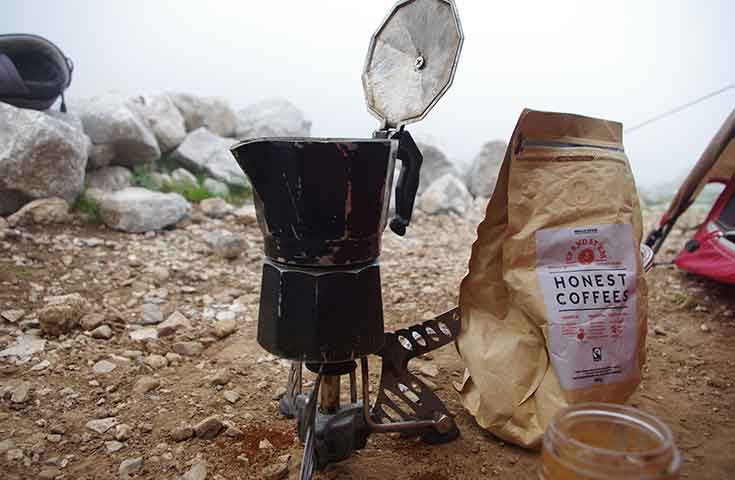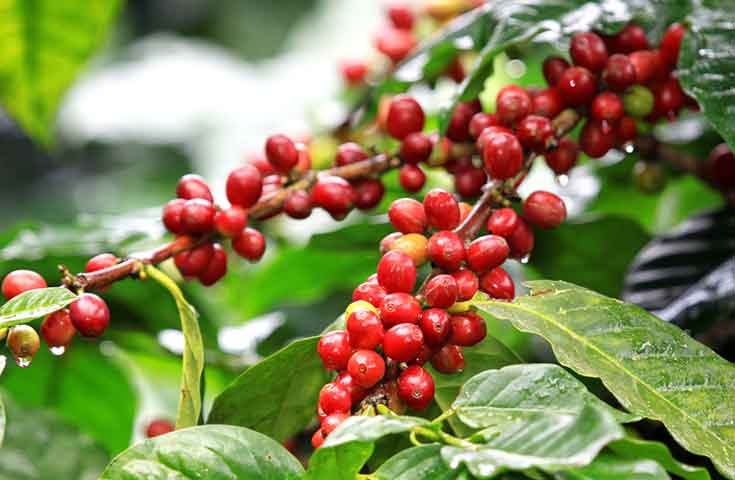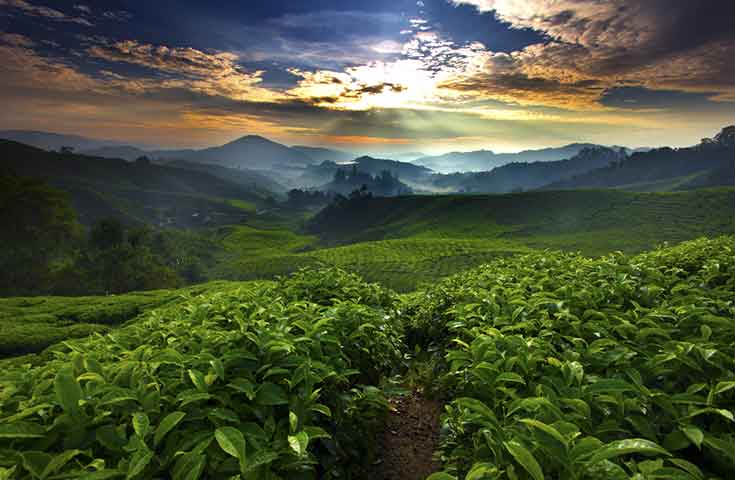Good morning! How did you celebrate International Coffee Day?! On 1st October, 75 member states celebrated the journey, diversity, quality and passion in the coffee we drink in the first annual International Coffee Day. It was the chance to appreciate everything about coffee, whether you enjoy it in the office, at home or at the top of a mountain (as I did recently in Northern Spain), as espresso, black coffee or a thick cappuccino.

“We drink coffee because it’s good, because it wakes us up, because of morning rituals or afternoons spent with friends. So why not celebrate it? Why not gather everybody, all over the globe, and have a big cup of coffee together?”
I’m afraid, though, that now the celebrations have worn off, I have to be the bearer of bad news – The coffee we all celebrated last Thursday is under threat.
Coffee Heading for Extinction?
As I wrote last time, 25 million families depend on growing Arabica coffee for a living. Demand for the coffee they grow has risen 43% in the last fifteen years, too, according to the BBC. But researchers have issued a stark warning – the coffee we drink is under threat of extinction.
For the past few months, I’ve been urging you to improve the coffee you drink by sourcing quality, organic Arabica coffee with its smooth, complex flavours. Arabica drives the speciality coffee industry, and with the exception of instant coffee (which uses Robusta), it’s what most of us drink on a daily basis…I hope!

Arabica, though, is an extremely fragile and vulnerable plant, extremely sensitive to changes in rainfall and temperature. It can only grown in a narrow band of latitude, where the environmental conditions are at their optimum. So you might be starting to imagine how environmental and climate change might affect the future of Arabica coffee?
“If we don’t do anything now and over the next 20 years, by end of the century, wild Arabica in Ethiopia could be extinct – that’s in the worst-case scenario”
Dr Aaron Davis, Head of Coffee Research, Kew
How Will Climate Change Affect Arabica Production?
Back in 2012, research by the National Botanic Gardens, Kew predicted a bleak future for Arabica in Ethiopia, coffee’s spiritual home. They forecasted that a number of locations where Arabica grows could decrease by 85% by 2020 with rising temperatures and new rainfall patterns.
At the time, their research was a little confusing and inconclusive, but a new joint study this year by the International Center for Tropical Agriculture (CIAT) under the CGIAR Research Program on Climate Change, Agriculture and Food Security (CCAFS), proved beyond doubt that some of the major coffee producing countries are on course to suffer serious losses, therefore reducing supplies and driving up prices.
With the predicted rise in temperatures of between 2 & 2.5°C, Arabica would have to be grown at higher altitudes. While some coffee-producing countries could mitigate the impact by moving their farms higher, others, like Brazil, El Salvador, Honduras and Nicaragua have less choice of growing areas and will lose out most to climate change.
“In Brazil, they produce coffee on the plains and don’t have any mountains so they can’t move up”
Dr Peter Läderach, a CCAFS climate change specialist
The challenges ahead for coffee are considerable, and while producers can adapt with new varieties and growing methods, farmers, scientists and government are going to have to work together, and act fast.
“It takes three to five years before you can even harvest coffee for the first time. It’s a long lead time, which is why we’re pointing out that it’s very crucial to start developing strategies now. “Climate change is going to have a massive impact, so we need to emphasise that the sector – and everyone – has to work together, or everybody will lose out”
Dr Peter Läderach, CCAFS Climate Change Specialist
There are doubts among many experts, though, that there is the land, finance, politics or infrastructure for generally poor coffee-growing communities to adapt to the impacts of climate change. The only glimmer of hope, says Dr Tim Schilling, executive director of World Coffee Research, is to use science to develop a new, more resilient coffee plant.
Arabica coffee, and the livelihoods of the farmers that grow it, are under immediate threat from climate change.
What will you do to save your office coffee?
We’d love to hear about your thoughts on this issue. Leave a comment below or tweet @Abe_Greener using the hashtag #greenercoffee.





Great post.